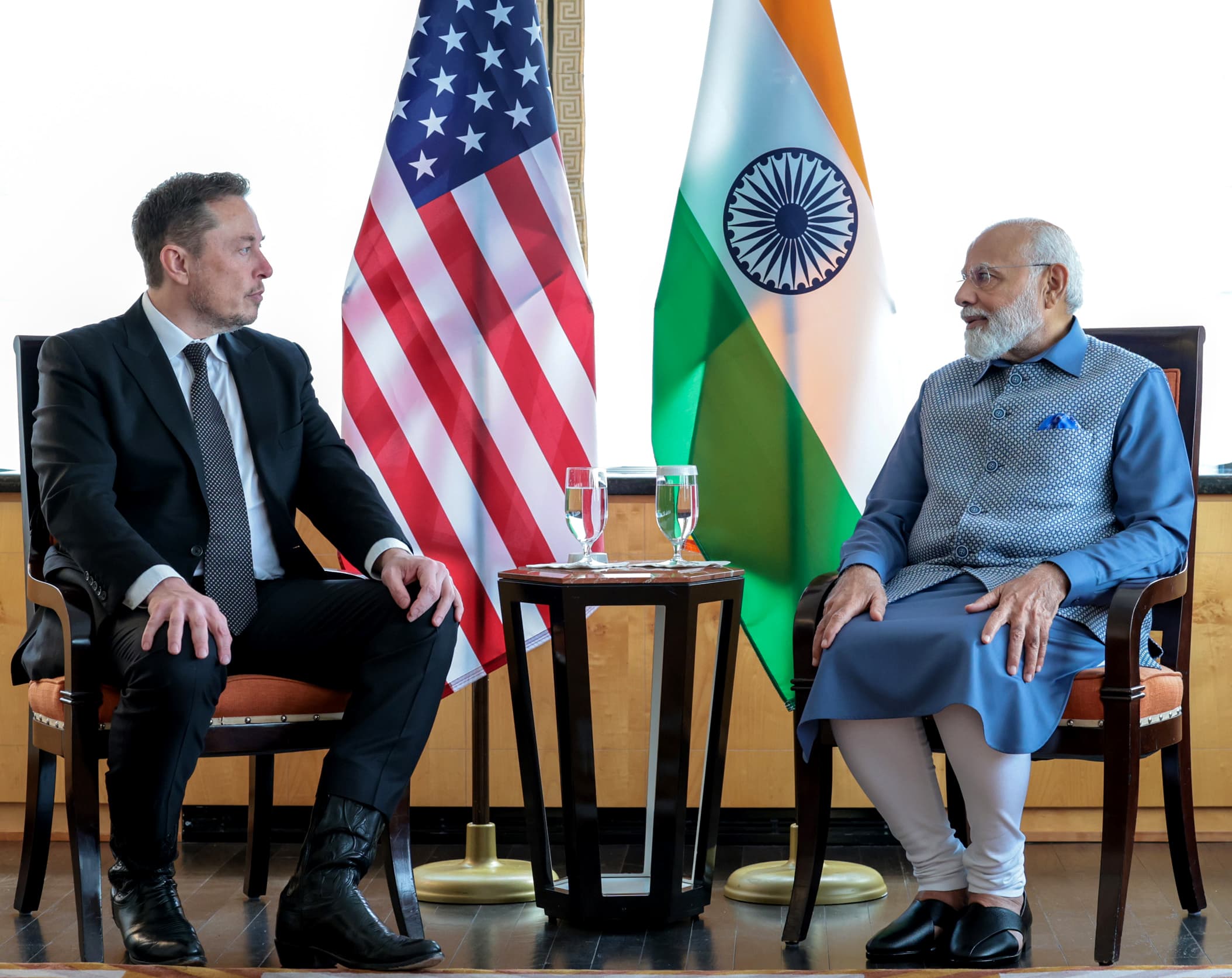
India’s electric vehicle sector still lacks competition, but entry from international automakers like Tesla will level the playing field, MG Motor India’s CEO Emeritus Rajeev Chaba said.
“Competition is limited at this point of time. Numbers are still constrained because consumers don’t have compelling choices,” Chaba told CNBC’s Sri Jegarajah in Gurugram, India.
According to Bain & Company, EVs make up about 5% of India’s automobile sector.
The Indian government’s goal of achieving 30% EV sales by 2030 “looks stretched at this point of time,” Chaba said — however, anywhere between 20% to 30% may be possible if there are more government policies attracting foreign automakers, he added.
“When India as a market gets attention, more and more players and investments will come in. [Tesla] will definitely help in developing the ecosystem and some consumers will go for them,” Chaba said.
Just last month, the government announced that import tariffs on certain EVs will be cut to 15% if the carmakers meet certain requirements. India currently imposes import tax of 70% or 100% for foreign EVs, according to Reuters.
According to India’s new policy, automakers that invest at least $500 million and set up manufacturing facilities in India within three years, will be eligible to import up to 8,000 EVs that cost $35,000 or more a year, at a lower tax rate.
The move is good news for Tesla, which has been trying to break into the India market, and has been lobbying for lower import duties for years.
Domestic carmakers such as Tata Motors, Mahindra and Mahindra, as well as Maruti Suzuki, have reportedly expressed concerns before.
He also said: “I wish more and more players come, with more and more choices. Because that will give consumer a chance to look at the various options and go for it. And collectively, we will also educate the customer and address the issues and certain ‘myths,'” said Chaba.
“Tesla is really welcome. It’ll be good for the industry, good news for the country, and for serious players like us.”
Tesla CEO Elon Musk has previously said he was “incredibly excited about the future of India,” adding it has “more promise than any large country in the world.”
However, investments into the South Asian country may not be Tesla’s priority right now.
Musk postponed a scheduled trip to India this week where he was to meet Prime Minister Narendra Modi, and cited “heavy Tesla obligations” for why he could not come.
Multiple media reports last week said Musk was expected to announce a $2 billion to $3 billion investment in India to build a new factory. Tesla has also already started looking for showroom space in New Delhi and Mumbai, according to Reuters.
The EV automaker reported a 9% loss in first-quarter revenue on Tuesday, the biggest drop since 2012. But shares surged more than 11% after Musk announced to investors that production of new cheaper EV models could begin by early next year.
It also recently cut prices in some of its major markets, including the U.S., China and Germany as it struggles with a drop in sales and stronger competition from Chinese EVs.
Chaba also highlighted that EV demand in India could remain weak as confidence to switch to EVs is curtailed by insufficient charging infrastructure.
“No country can say it has arrived in terms of infrastructure, it may take 20 years for us to reach there,” he warned. “we give a good range on our electric vehicles, so customers are very, very happy, but we still have a long way to go.”
Source: CNBC
